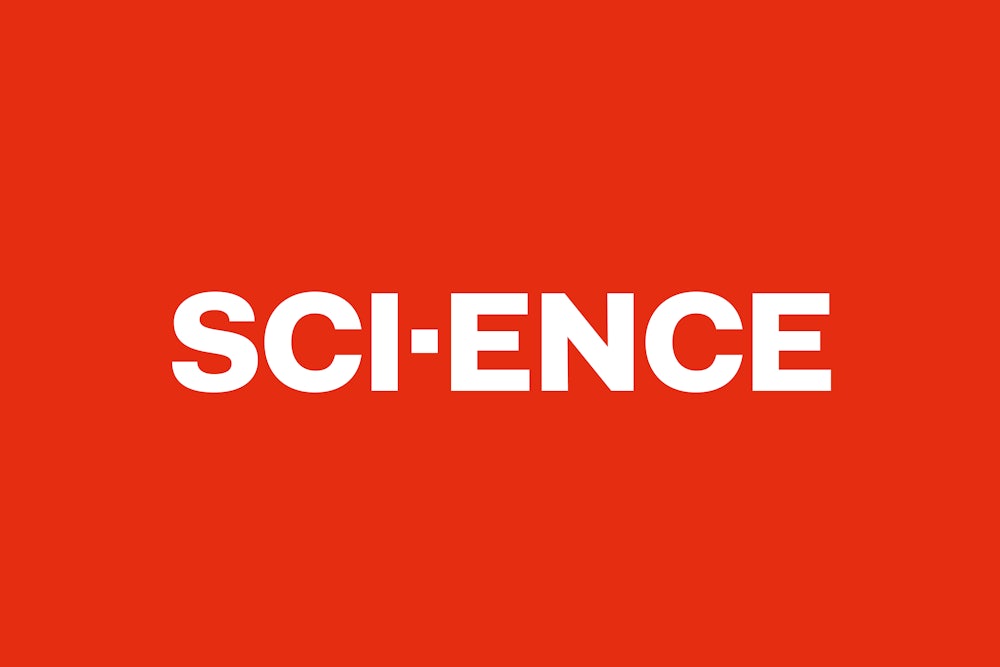“The good thing about Science,” TV science evangelist and astrophysicist Neil deGrasse Tyson tweeted in 2013, “is that it’s true whether or not you believe in it.” Protesters at the “March for Science” used versions of the phrase to rebuke a presidency that denied climate change and, later, suggested that injecting bleach might cure coronavirus. Some of their signs proclaimed WE <3 EXPERTS! Now, in the first months of the Biden presidency, liberals are once again cheering an administration that “believes in science.”
Or, as it is often phrased, “the science”—not so much particular scientific research but the very idea of it: the acceptance of universal, rational objectivity as the basis for our interactions with the natural world. It’s an undoubtedly worthy ideal, promising relief from the mendacious posturing of so much American political discourse.
The problem, though, is that “the science” is never objective; it has always been vested with the highly subjective concepts of expertise and authority. “Following the science” once meant diagnosing slaves who tried to escape bondage with drapetomania, a mental disorder the Southern physician Samuel A. Cartwright believed afflicted fugitives, or confining a “hysterical” woman in her room for months on end, as the pioneering neurologist Silas Weir Mitchell recommended. Today, in our more enlightened times, listening to the science sometimes means listening to the doctors who systematically undertreat pain in their Black patients.
In these cases, experts have lent scientific authority to political orders that treated white supremacy and patriarchy as natural facts. As the academic Britt Rusert has shown, science has been a powerful weapon of dispossession, sanctioning slavery, segregation, and colonial conquest. This history, she writes, should remind us that “science is not inherently ‘good’ or ‘real’; its claims to and on reality are constructed like all forms of knowledge.”
The current debates around school reopenings are a case in point. Teachers’ unions have demanded that adult school staff be vaccinated before they resume teaching. Critics like Chris Christie, the former New Jersey governor, and Marc Thiessen, a former GOP speechwriter, claim that approach goes against “the science,” citing studies that suggest K-12 schools tend not to disseminate the virus to the families and neighbors of students and staff. (CDC scientists have also recommended social distancing, masking, and regular testing in schools—but, as teachers know, no amount of scientific evidence showing the importance of such measures will be able to summon the funding necessary to implement them.)
“The science,” therefore, says many things, and it says it in many voices. But Thiessen, Christie, and others seem to believe science is like the Force: a singular, unimpeachable Truth, ender of debates and vanquisher of ideological enemies. Those dreaming of a bipartisan consensus that will transcend politics won’t find it in a lab coat, however: Science, it turns out, is just another bunch of arguments.
